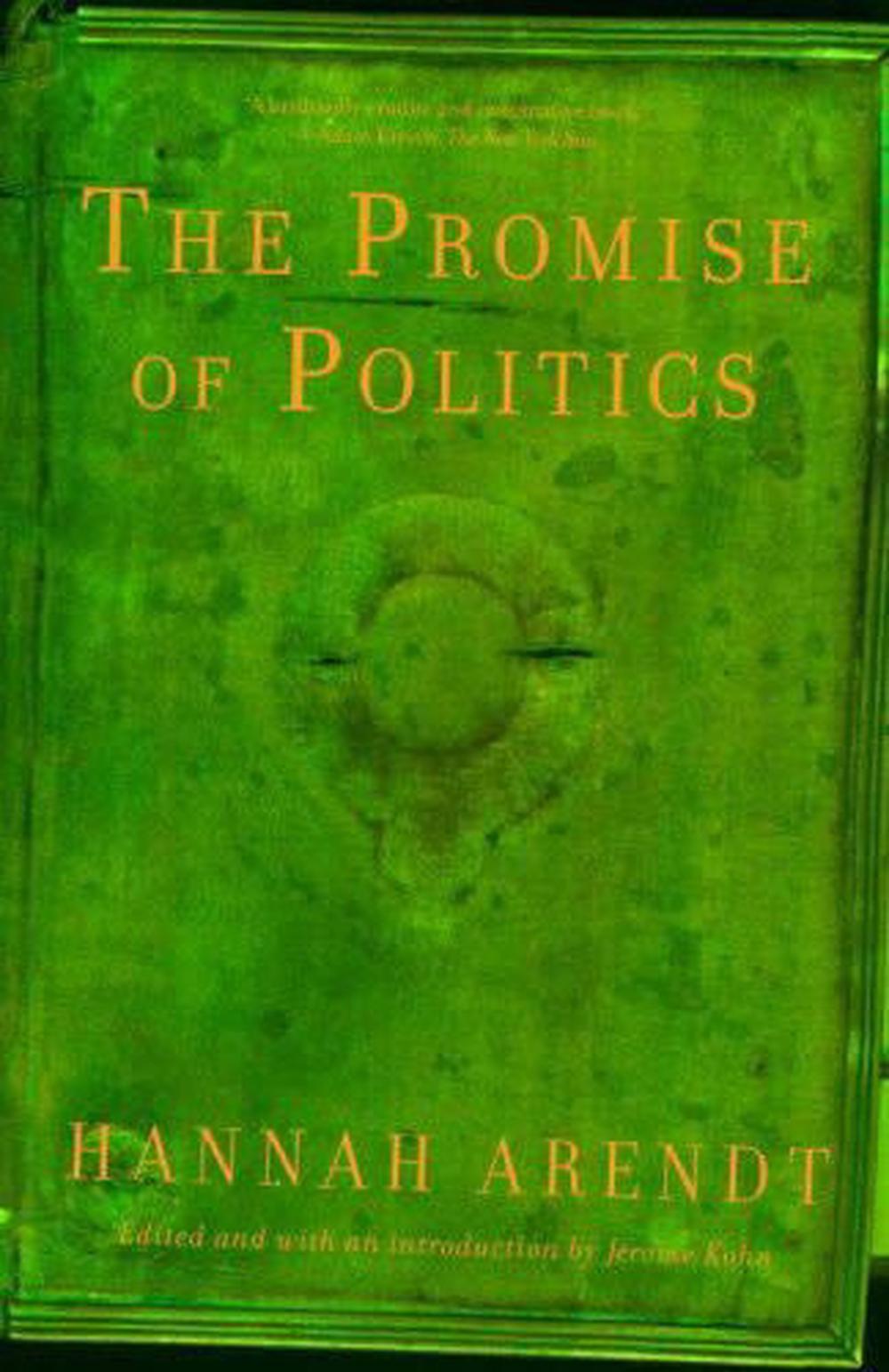
The Promise of Politics
$34.60
- Paperback
256 pages
- Release Date
14 September 2007
Summary
From the greatest political theorist of the 20th century, a volume that gathers her writing about the role of political theory after Marx, and how the emergence of totalitarianism transformed the nature of politics itself.In The Promise of Politics, Hannah Arendt examines the conflict between philosophy and politics. In particular, she shows how the tradition of Western political thought, which extends from Plato and Aristotle to its culmination in Marx, failed to account for human action. …
Book Details
| ISBN-13: | 9780805212136 |
|---|---|
| ISBN-10: | 0805212132 |
| Author: | Hannah Arendt |
| Publisher: | Schocken Books |
| Imprint: | Schocken Books |
| Format: | Paperback |
| Number of Pages: | 256 |
| Release Date: | 14 September 2007 |
| Weight: | 210g |
| Dimensions: | 201mm x 132mm x 16mm |
What They're Saying
Critics Review
“A brilliantly erudite and imaginative book.”–Adam Kirsch, The New York Sun“By insisting that politics remain a promise rather than a threat, Arendt offers a hope that history has yet to justify.”–The New York Sun“Arendt demonstrated, brilliantly, how our habitual view of politics as an instrument in the service of private liberty, material gain, and social prosperity actually increases the dangers posed by the modern world.”–Dana R. Villa, author of Arendt and Heidegger and Socratic Citizenship
About The Author
Hannah Arendt
Hannah Arendt was born in Hanover, Germany, in 1906, fled to Paris in 1933, and came to the United States after the outbreak of World War II. She was editorial director of Schocken Books from 1946 to 1948. She taught at Berkeley, Princeton, the University of Chicago, and The New School for Social Research. Arendt died in 1975.
Returns
This item is eligible for free returns within 30 days of delivery. See our returns policy for further details.




